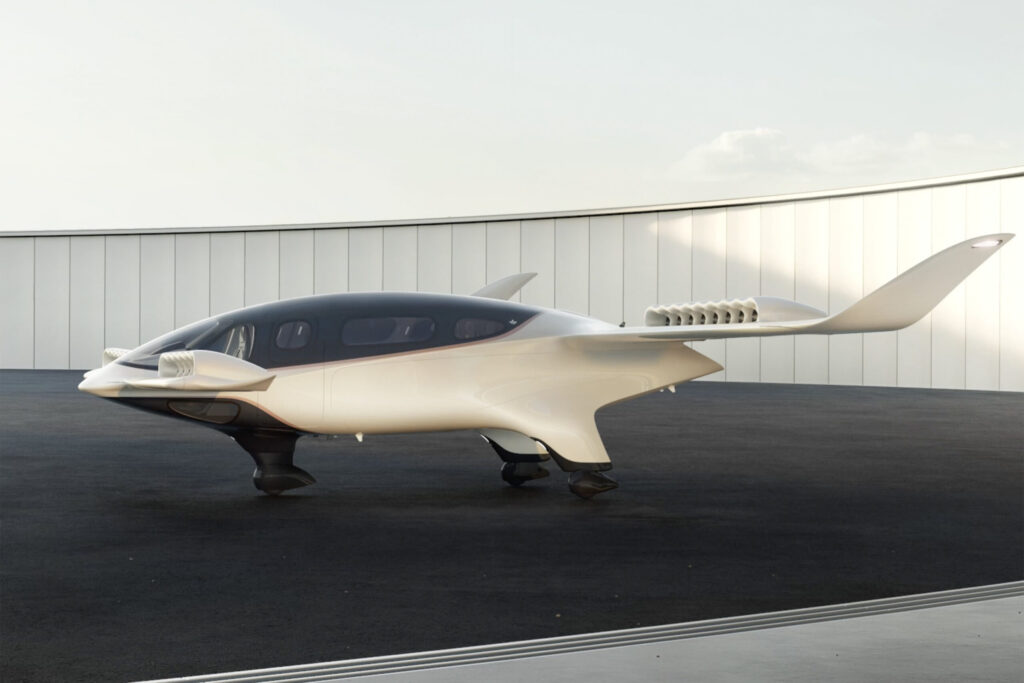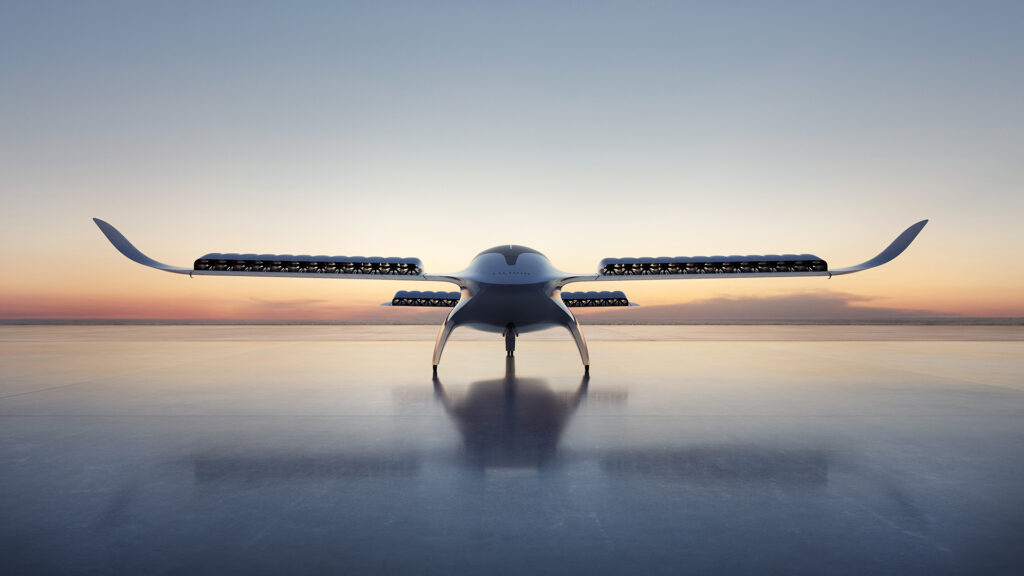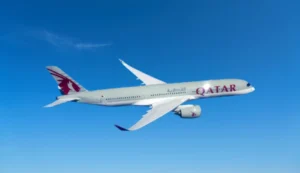Lilium’s Roewe Aims for Mid-2026 Service Entry with Determination
Lilium’s Roewe, a key player in the urban air mobility sector, expresses confidence but acknowledges challenges as it targets a mid-2026 service-entry goal.

Photo Source: https://flyingmag.sfo3.digitaloceanspaces.com/
The German air taxi company Lilium, in collaboration with the Chinese automotive manufacturer Roewe, has expressed its confidence in achieving its mid-2026 service-entry goal, despite acknowledging the challenges lying ahead.
Lilium’s ambitious plan to introduce air taxi services by mid-2026 has gained significant attention in the transportation industry. With the aim of revolutionizing urban mobility, Lilium aims to offer efficient, emission-free air travel through its innovative electric vertical takeoff and landing (eVTOL) aircraft.
The partnership with Roewe, a subsidiary of the Chinese automotive giant SAIC Motor, signifies Lilium’s strategic approach to leveraging expertise and resources from global leaders in automotive manufacturing. Roewe’s involvement is expected to facilitate the production and deployment of Lilium’s eVTOL aircraft, streamlining the path towards commercial operation.
Despite expressing confidence in their timeline, Lilium’s CEO, alongside Roewe’s executives, emphasized that they are not complacent about the challenges ahead. Developing and certifying new aircraft technology, establishing infrastructure for air taxi operations, and navigating regulatory frameworks are among the complex hurdles that Lilium and Roewe must overcome to meet their ambitious goals.
The success of Lilium’s endeavor hinges on various factors, including technological advancements, regulatory approvals, and market acceptance of air taxi services. While Lilium has made significant strides in developing its eVTOL aircraft, achieving mass production and ensuring safety standards remain paramount priorities.

Additionally, the integration of air taxis into existing urban transportation networks poses logistical and regulatory challenges that require careful planning and coordination. Lilium and Roewe must collaborate closely with local authorities, urban planners, and transportation stakeholders to address concerns related to airspace management, noise pollution, and public safety.
Despite these challenges, Lilium and Roewe remain optimistic about the transformative potential of air taxi services. By offering fast, efficient, and environmentally friendly transportation options, they aim to alleviate urban congestion, reduce carbon emissions, and enhance connectivity in densely populated areas.
As the mid-2026 service-entry goal approaches, all eyes will be on Lilium and Roewe as they navigate the complexities of bringing air taxi services to fruition. With determination, innovation, and strategic partnerships, they are poised to reshape the future of urban mobility and revolutionize the way people commute in cities around the world.






